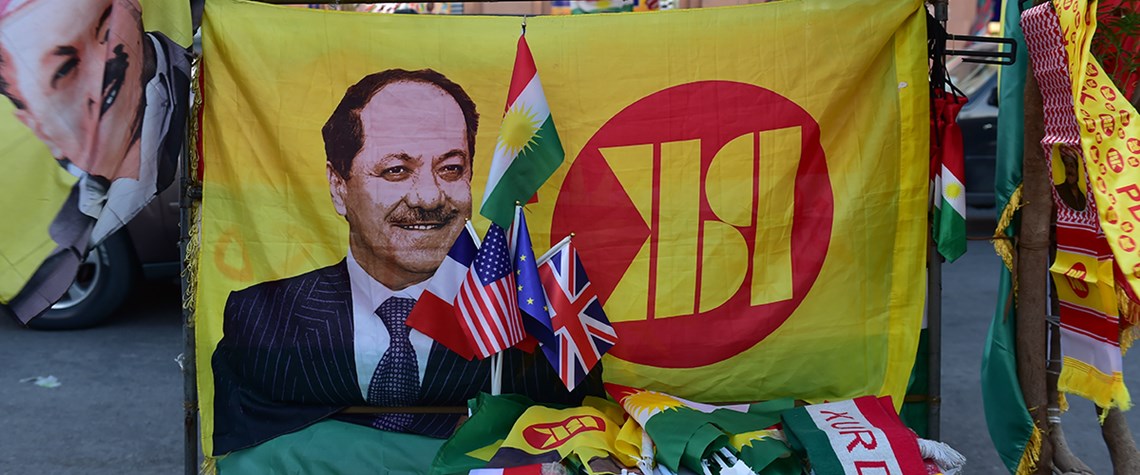Iraqi Kurdistan—back to square one
The independence vote heralded political and economic disaster. Existential uncertainty now faces the region's oil sector
When he proceeded with the independence referendum in September, the Kurdistan Region of Iraq's President Massoud Barzani misread the post-Islamic State moment, alienated international allies and stirred Baghdad's animosity. Friendless and out-gunned, the KRI's Peshmerga forces capitulated when Iraqi federal troops swept into the contested city of Kirkuk and a vast belt of disputed territories across northern Iraq in mid-October. Soon after, the KRI lost 280,000 barrels a day of oil production and around 6bn barrels in proven reserves when Iraqi forces restored Baghdad's control of the Bai Hassan oilfield and the Avana Dome of the Kirkuk field. They kicked out KRI-appointed contractor Kar Gr

Also in this section
1 May 2024
Energean CEO Mathios Rigas looks to results of critical Anchois appraisal well
30 April 2024
While its regional neighbours reap the rewards of oil and gas success, Iraq’s hydrocarbons sector is lagging behind
29 April 2024
Although recent, firmer gas prices have blunted some price-sensitive demand, the overall growth outlook remains robust
26 April 2024
While the US has been breaking records for its premium grade crude, there are doubts over whether you can have too much of a good thing







